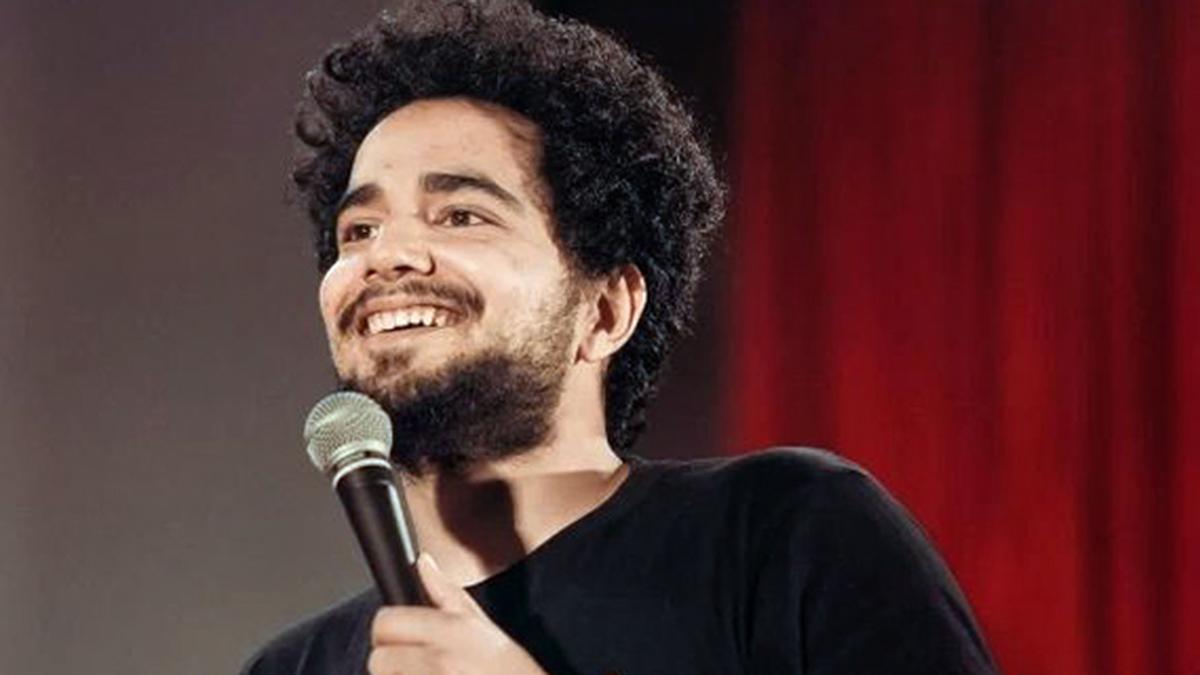 |
|
The recent controversy surrounding comedian Samay Raina and influencer Ranveer Allahbadia has sent shockwaves through the Indian entertainment landscape. The incident began with Allahbadia's appearance on Raina's YouTube show, "India's Got Latent." Allahbadia's comments, specifically those concerning parents and sex, sparked widespread outrage on social media, leading to a deluge of criticism and multiple police complaints filed in Mumbai and Guwahati. The rapid escalation of the situation highlights the power of social media in shaping public opinion and the potential legal ramifications of controversial online content. The incident underscores the need for greater responsibility and accountability among online influencers and content creators. The speed at which the controversy spread and the severity of the response demonstrate the potential for seemingly minor online interactions to trigger significant consequences.
Raina, visibly overwhelmed by the intense backlash, took swift action. He responded to the mounting pressure by removing all episodes of "India's Got Latent" from his YouTube channel. This decisive move, while potentially damaging to his online presence and future projects, suggests a recognition of the severity of the situation and a desire to mitigate further damage. His public statement on X, expressing his willingness to fully cooperate with all investigating agencies, reinforces this commitment to transparency and accountability. This demonstrates a willingness to engage with the legal process and potentially face any resulting penalties. The speed of his response and the drastic nature of his action are notable in the context of similar controversies, which often drag out for extended periods. The question remains whether his actions will suffice to quell public anger and resolve the legal issues stemming from the controversy.
The controversy extends beyond Raina and Allahbadia. The Maharashtra Cyber Department registered an FIR against the show and issued summons to over 40 individuals, including Raina and Allahbadia, demanding their participation in the ongoing investigation. The National Commission for Women (NCW) further escalated the matter, summoning Allahbadia, Raina, Apoorva Makhija, Jaspreet Singh, Ashish Chanchlani, and producers Tushar Poojari and Saurabh Bothra to appear before them in New Delhi. The involvement of the NCW underscores the serious nature of the allegations and the potential for the case to have far-reaching consequences for the individuals involved and for the broader landscape of online content creation in India. The fact that the issue even reached Parliament, with Shiv Sena MP Naresh Mhaske advocating for social media regulation, signals that this is not merely an isolated incident but a matter of wider public concern and political significance. The debate about the need for tighter social media regulations is now firmly on the agenda, spurred by this high-profile case.
This case raises critical questions about freedom of speech, online responsibility, and the regulatory landscape governing digital content. While individuals have the right to express themselves, the line between freedom of expression and harmful content remains a complex and often debated area. The incident serves as a stark reminder of the need for responsible content creation and the potential consequences of failing to adhere to ethical and legal standards. The swift and decisive actions taken by Raina, along with the involvement of various legal and regulatory bodies, indicate the gravity of the situation and its far-reaching implications. The outcome of this case will undoubtedly shape future discussions about online content regulation in India and influence how creators approach their work in the digital sphere. The long-term impact on the careers of those involved and the wider conversation around online accountability remains to be seen. The case will be closely observed by other influencers and content creators, potentially leading to more careful consideration of the potential risks associated with online content creation and dissemination.
The events surrounding Samay Raina and Ranveer Allahbadia provide a potent case study in the complexities of online content creation, public opinion, and the legal framework governing online activity. The rapid escalation of the situation, the intervention of multiple regulatory bodies, and the political attention it attracted highlight the importance of responsible content creation and the growing need for a robust regulatory framework for online platforms. The debate surrounding the case will continue to generate discussion around free speech, censorship, and accountability in the digital age, shaping the future landscape of online content creation and consumption in India and beyond.
Source: Samay Raina removes all 'India's Got Latent' episodes, says will cooperate with agencies
